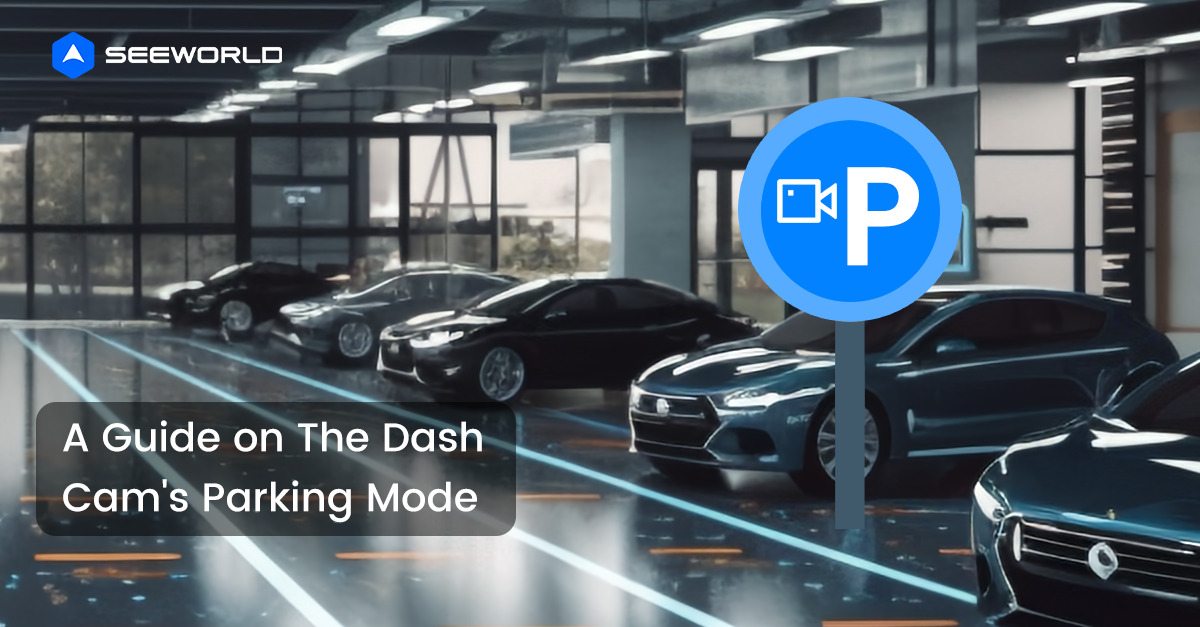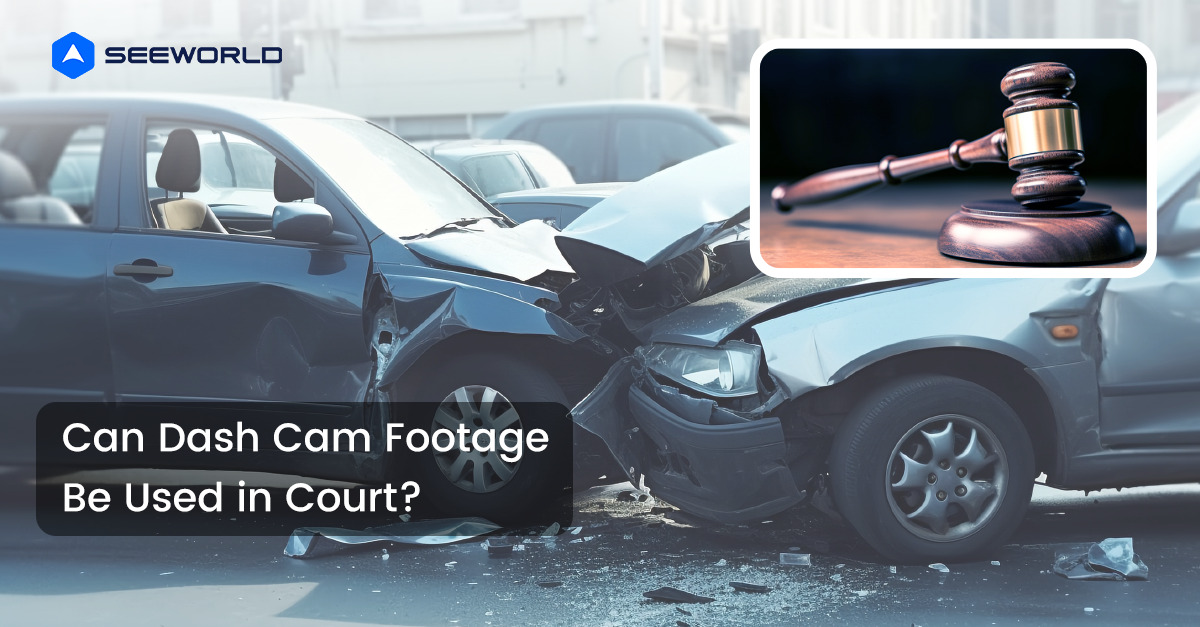Introduction:
Global Positioning System (GPS) technology has become an invaluable tool in various sectors, and its impact on law enforcement is particularly noteworthy. In recent years, law enforcement agencies around the world have increasingly integrated GPS technology into their operations, reaping numerous benefits that contribute to more efficient and effective policing. This article explores the multifaceted advantages of GPS for law enforcement, highlighting how this technology has revolutionized the way authorities approach crime prevention, investigation, and public safety.
Improved Officer Safety
One of the foremost advantages of GPS technology for law enforcement is the enhancement of officer safety. Equipping police vehicles, firearms, and even officers themselves with GPS devices allows command centers to monitor their location in real time. In emergency situations, this capability is crucial for dispatchers to coordinate a swift and effective response, ensuring the safety of officers and the public.
Enhanced Situational Awareness:
GPS technology provides law enforcement agencies with a comprehensive overview of the geographical landscape. This increased situational awareness enables officers to make informed decisions about deployment, route planning, and resource allocation. It also allows law enforcement to respond more effectively to incidents, reducing response times and improving the overall efficiency of their operations.
Efficient Resource Allocation:
Effective allocation of resources is paramount in law enforcement. GPS technology facilitates this by providing real-time data on the location and movement of police vehicles. This information allows dispatchers to optimize patrol routes, respond promptly to incidents, and allocate resources where they are needed most, ultimately improving the overall effectiveness of law enforcement efforts.
Enhanced Investigations:
In criminal investigations, time is often of the essence. GPS technology aids law enforcement in gathering evidence and tracking the movements of suspects. Whether it is monitoring the location of a suspect’s vehicle during a high-speed chase or establishing an individual’s whereabouts at a specific time, GPS plays a pivotal role in enhancing the accuracy and efficiency of criminal investigations.
Asset and Fleet Management:
Maintaining an organized and efficient fleet is crucial for law enforcement agencies. GPS technology assists in managing and tracking police vehicles, ensuring they are in optimal condition and deployed strategically. This leads to cost savings through improved fuel efficiency, reduced maintenance costs, and extended vehicle lifespan.
Crime Mapping and Predictive Policing:
By analyzing historical crime data and combining it with real-time information, law enforcement agencies can create crime maps and employ predictive policing strategies. GPS technology enables the identification of crime hotspots and trends, allowing authorities to allocate resources proactively to prevent criminal activity and enhance public safety.
Conclusion:
The integration of GPS technology into law enforcement practices has ushered in a new era of efficiency and effectiveness. From improving officer safety and situational awareness to optimizing resource allocation and enhancing investigations, the benefits of GPS in law enforcement are diverse and far-reaching. As technology continues to evolve, law enforcement agencies must harness these advancements to ensure they stay at the forefront of crime prevention and public safety.
WHY SEEWORLD?
SEEWORLD is a global dynamic IOT location service provider.
It always focuses on LBS, CMP, OTA, and industry SaaS integrated cloud services to provide customers with a comprehensive, one-stop global dynamic IoT location services total solution to fully facilitate the digital transformation of traditional industries and SEEWORLD ecological synergy.
Its business includes auto finance, two-wheeled electric vehicles, new energy vehicles, smart delivery and logistics, smart sanitation, car rental, smart campus, and other parts of the vehicle’s telematics.
So far, our business covers more than 170 countries and regions in Asia-Pacific, America, Europe, Middle East, and Africa, and has exported more than 10 million sets of equipment.






